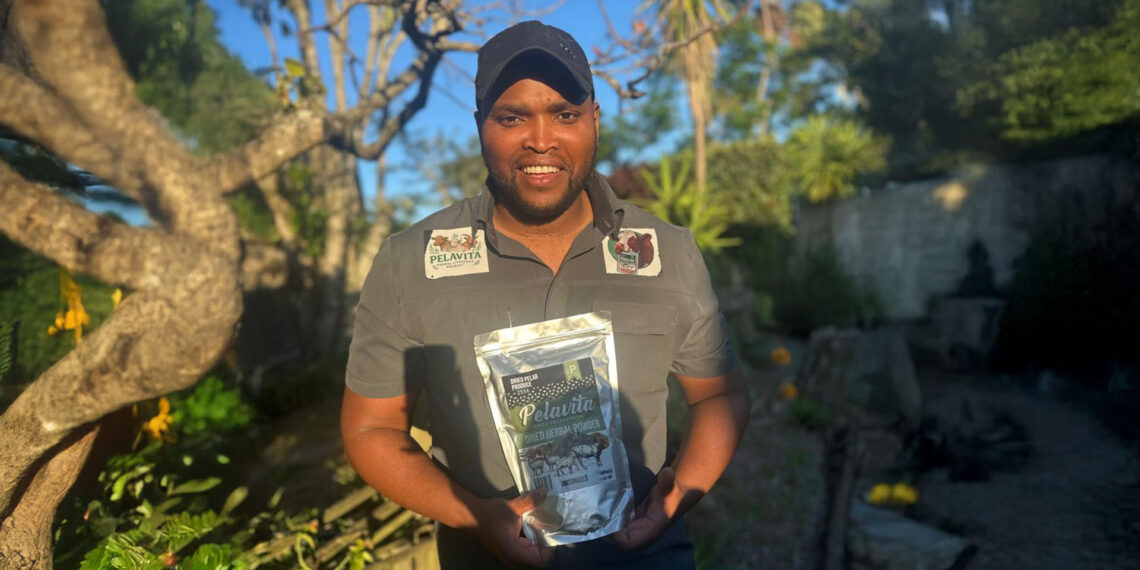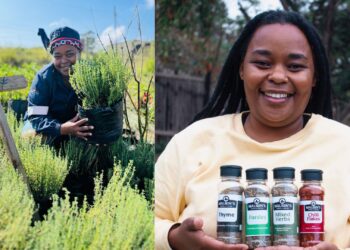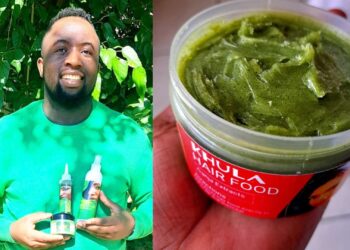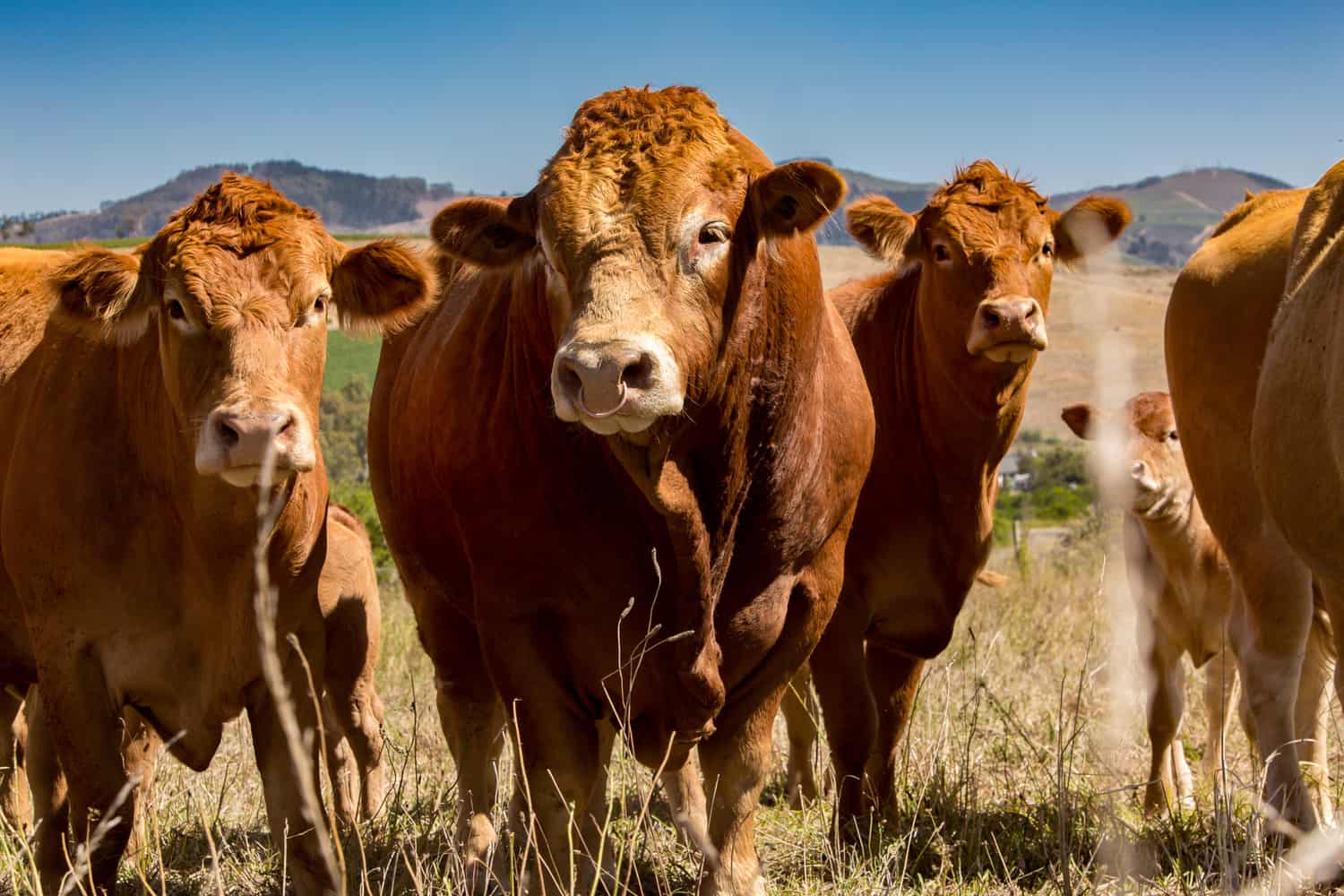Medicinal native plants hold an important place in many Mzansi homes. For Khanya Bam from Ngqamakhwe, Eastern Cape, this tradition began with his grandfather’s use of Pelargonium sidoides, a medicinal plant valued for supporting livestock health. Now, Bam runs an agribusiness rooted in herbal remedies.
Although Bam initially explored other paths, he returned to his heritage. That journey led to Pelavita, an agribusiness based in East London, serving farmers across the country by producing dry herbal remedies that support livestock health and well-being.
Preparations and regulations
Founded in 2020, Bam went through two years of research and regulatory preparation to secure permits for sustainable medicinal plant harvesting before starting operations.
Bam explains that the process required careful planning, from conceptualising the business to submitting regulatory applications. “We train harvesters in proper root collection techniques and have agreements with traditional councils to ensure sustainable sourcing.”
Pelavita is a brand offering a natural herbal livestock health supplement made from Pelargonium sidoides – also known as the African geranium or black pelargonium – a medicinal plant used for generations in rural farming communities.
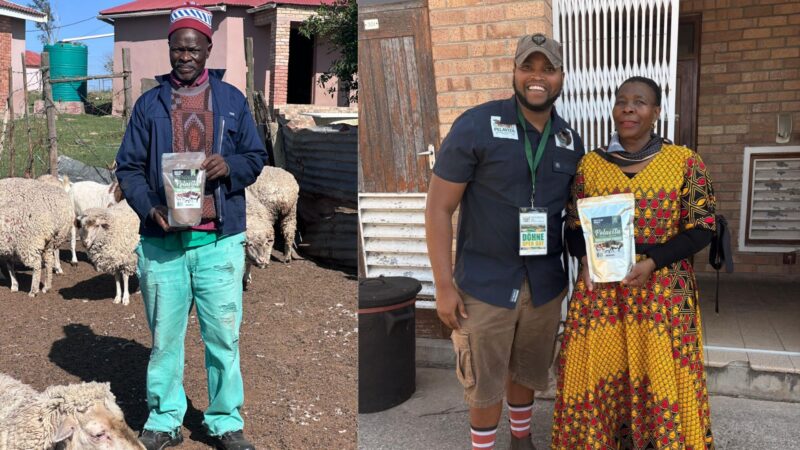
“It blends ancestral knowledge with modern processing methods to support the health, immunity, and resilience of cattle, sheep, and goats.”
“The product is currently being registered under Act 36 of 1947,” he explains.
Bam’s research demonstrated that the plant strengthens immune systems, supports respiratory health, aids digestion, helps animals recover from seasonal illnesses, and improves overall vitality. Pelavita provides a farm-friendly, natural, and cost-effective alternative for livestock farmers.
Related stories
- Gogo’s herbal wisdom grows into Khula Hair Organics brand
- Dandelion: From backyard weed to profitable medicinal plant
- Keep track of livestock health with thermometers
- Umsenge tree: Nature’s pharmacy for health and livestock
Farm-friendly herbal solutions
His agribusiness focuses on creating employment and supporting smallholder farmers with affordable, eco-friendly livestock health solutions. Currently employing three permanent staff, Bam plans to expand further.
The business operates in Alice at Fort Hare University under the Mazoyi Group, using the facilities for drying, processing, and powdering medicinal herbs until he can establish his own production unit.
Pelavita products come in dry herbal powder form, with each package including a usage guide. “We are awaiting clinical trial results before scaling distribution,” Bam explains.
His target market includes smallholder and subsistence livestock farmers, commercial cattle, sheep, and goat producers, veterinary practitioners, traders, auction farmers, and cooperatives.
Bam credits his grandfather, Lungile Pupuma, for passing down livestock husbandry knowledge. He recalls early mornings moving animals to communal grazing fields, monitoring their health, and assisting with feeding and care during holidays.
These experiences inspired Pelavita, blending traditional veterinary knowledge with modern agribusiness practices to improve livestock health and farm productivity across Mzansi and beyond.
READ NEXT: Young Limpopo scientist unlocks peperboom’s healing power
Creating agricultural solutions
Bam studied business management and entrepreneurship at Boston City College in KwaZulu-Natal from 2014 to 2017. It was during this time that he realised he could pursue his dream of being his own boss.
He then turned his focus to livestock farming and maintenance, conducting research and gaining hands-on experience by visiting farms in KZN and the Eastern Cape. He even asked for work opportunities simply to learn practical skills in the agricultural industry.
“I truly believe that farming and agriculture in the Eastern Cape can be a solution to unemployment,” he says.
He draws inspiration from former President Thabo Mbeki’s Asgisa initiative and the spirit of Vukuzenzele: standing up and taking action for ourselves.
“We have rural land lying idle, ready to be used. The wealth is in the soil.”
Bam believes that with skills, knowledge, and the right tools, unemployment can be dramatically reduced.
“If we invest in training young people, improve rural infrastructure, and support small farmers, villages can become thriving economic hubs.”
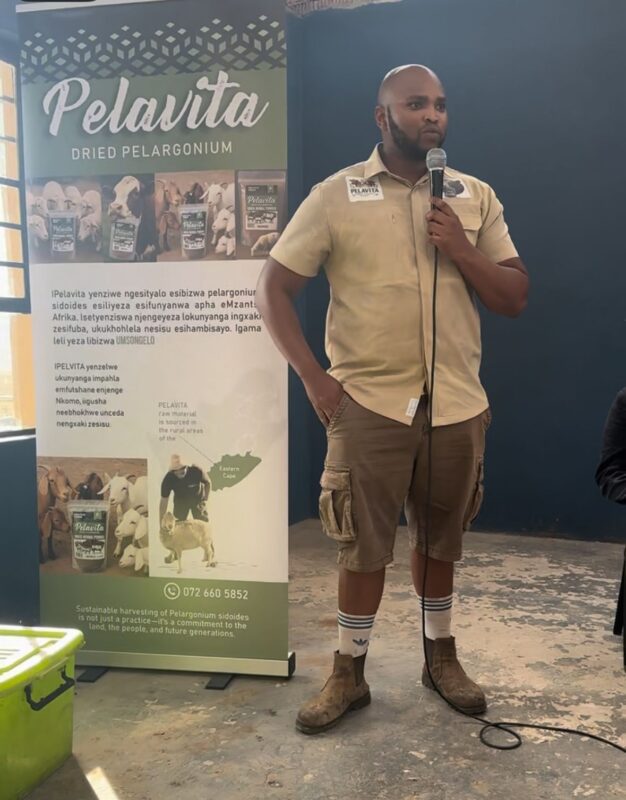
He adds, “The Eastern Cape has the land, the climate, and the people. What’s needed is organisation, collaboration, and bold action. Cultivate the soil, and we cultivate jobs, dignity, and generational wealth.”
For Pelavita, Bam’s plans include scaling operations, developing partnerships, expanding the product line, and eventually commercialising on a national and international level.
Bam’s tips for future agripreneurs:
- Build systems that can grow with demand.
- Make sure your product stands out and tells its story.
- Collect case studies or evidence that your product works.
- Plan for the financial support needed to expand operations.
- Think ahead about diversifying your offerings.
READ NEXT: Biyela and buddies defy odds to build growing goat farm



